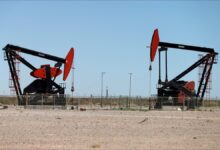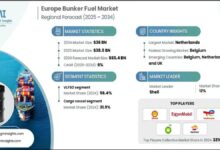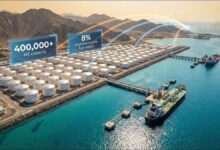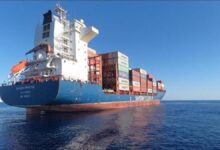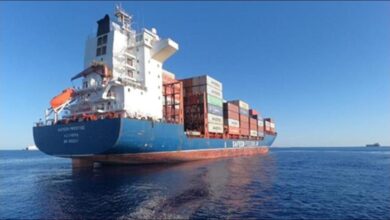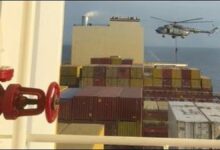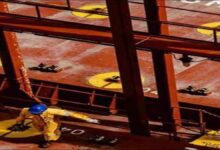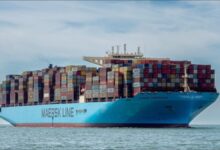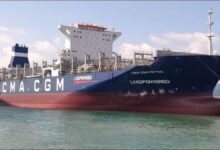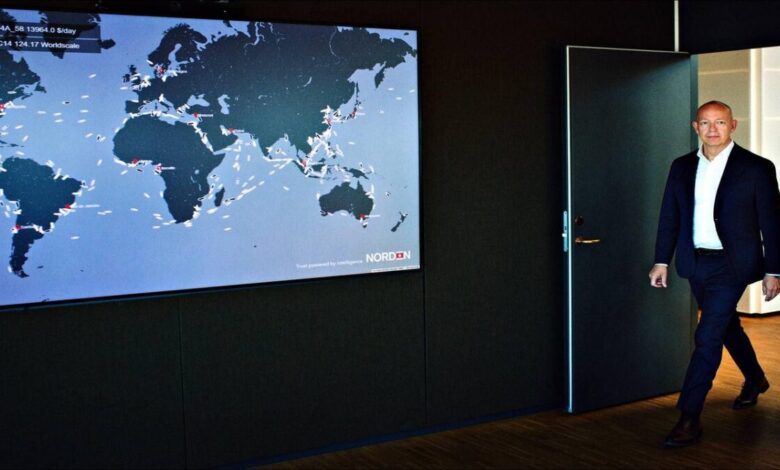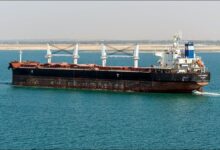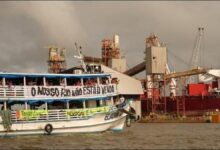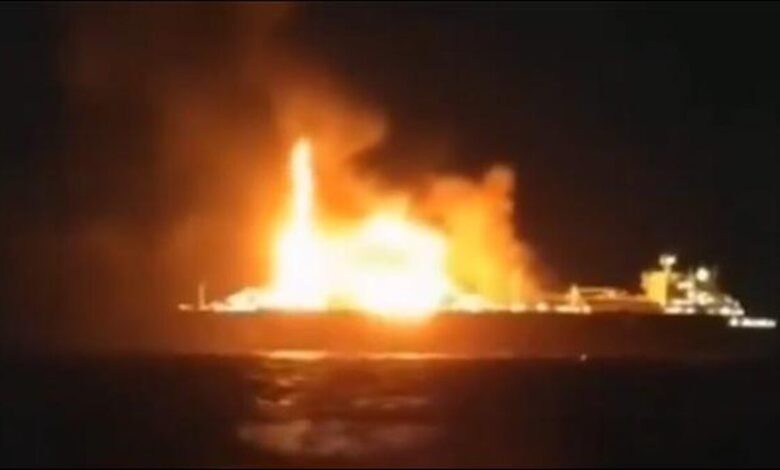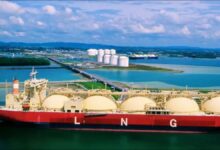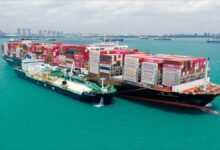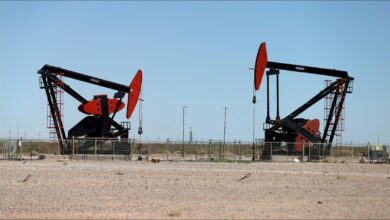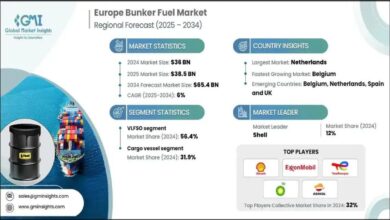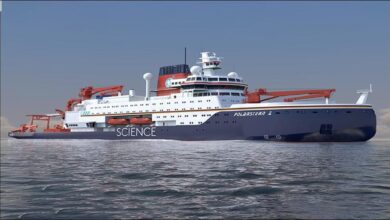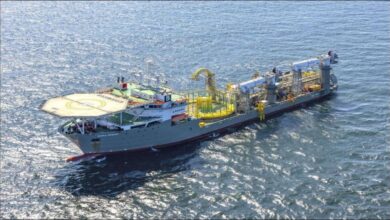Tankers
March 5, 2026
Oil Prices Flat: Iran Conflict Fears vs. Hopes | Mariner News
The global oil market currently finds itself in a precarious state, with oil prices remaining…
Tankers
March 5, 2026
Oil Prices Flat: Iran Conflict Fears vs. Hopes | Mariner News
The global oil market currently finds itself in a precarious state, with oil prices remaining…
Sustainability
March 5, 2026
Burando Energies Boosts Zeebrugge Biofuel & Methanol Supply | Mariner News
Burando Energies, a prominent marine fuel supplier, has officially announced its strategic entry into the…
Tankers
March 4, 2026
Fujairah Bunker Force Majeure Declared | Mariner News
The critical marine fuel hub of Fujairah, United Arab Emirates, is experiencing unprecedented disruption as…
Tankers
March 4, 2026
Iranian Attacks Cripple Fujairah Bunkering Activity | Mariner News
Recent Iranian attacks have sent shockwaves through the global shipping industry, severely disrupting crucial bunkering…
Containers
March 4, 2026
Container Ship Abandoned After Strait of Hormuz Attack | Mariner News
In a alarming development that underscores the escalating risks to commercial shipping in critical global…
Containers
March 4, 2026
Container Ship Fire After Strait of Hormuz Attack | Mariner News
A recent incident involving a fire reported on a container ship after an attack in…
Tankers
March 4, 2026
Middle East Conflict: Shipping & Bunkering Market Impact | Mariner News
The geopolitical landscape of the Middle East has long been a focal point for global…
Gas
March 4, 2026
Russian LNG Carrier Arctic Metagaz Fire in Mediterranean | Mariner News
The tranquil waters of the Mediterranean Sea have been disrupted by an alarming development: a…
Gas
March 4, 2026
Russian LNG Carrier Arctic Metagaz Fire in Mediterranean | Mariner News
The tranquil waters of the Mediterranean Sea have been disrupted by an alarming development: a…

